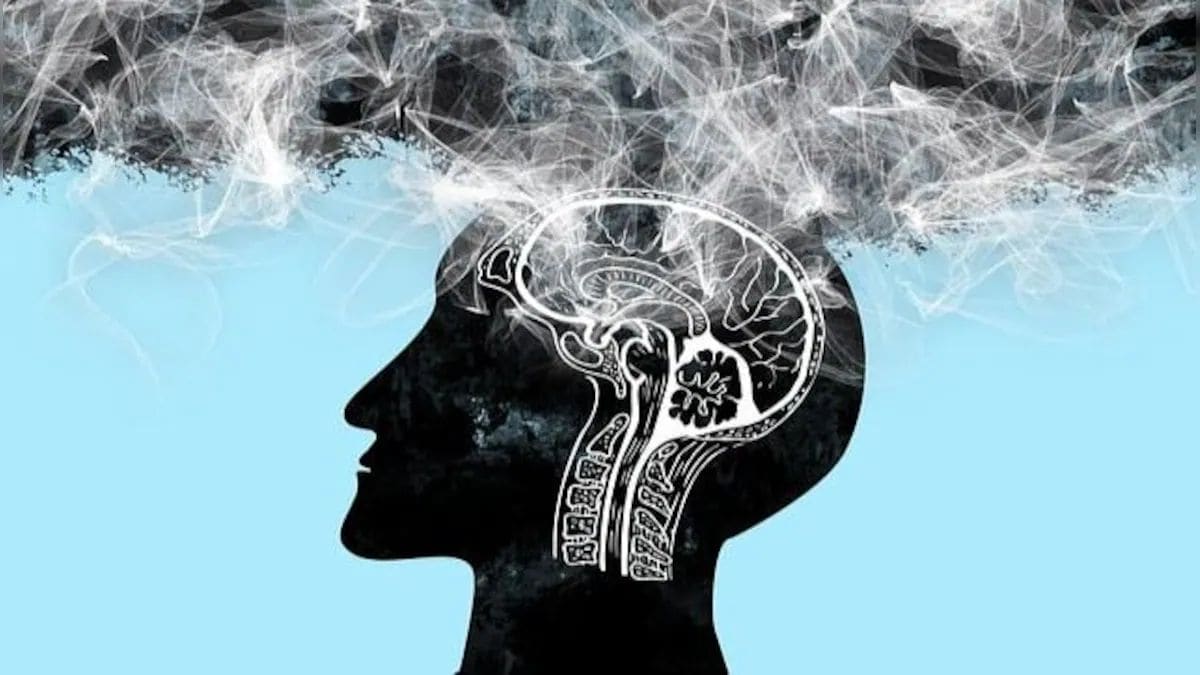Downtime is a necessary part of life. Science shows it helps us to be healthier, more focused, more productive and more creative. Yet, somehow, we often lose sight of this.
“Downtime is important for our health and our body, but also for our minds,” says Elissa Epel, a professor in the psychiatry department at the School of Medicine at the University of California at San Francisco. Even moments of brief rest have benefits for brain health. Credit: Getty Images Epel and others acknowledge that many of us feel as though we’re wasting time if we aren’t getting things done, but research points to the costs of always being “on” and the importance of giving our brains a break.

Our brains aren’t built to handle constant activity. Even the briefest moments of idle time, or pauses, are important, says Robert Poynton, author of Do Pause: You Are Not a To-Do list . Short pauses – whether you take a few breaths before entering a room or walk through the woods for 10 minutes – can lead to necessary self-reflection.
“I think we feel that we need to be getting on with things,” says Poynton, who is an associate fellow at the University of Oxford in England. But “if we’re always getting on with things, we haven’t taken any time to decide or examine whether what we’re getting on with is the most interesting, important, fruitful, delightful, pleasurable or healthy thing”. Avoiding brain overload Downtime is different from boredom, which signals that whatever you’re doing isn’t engaging you.
Well-established research has shown that low-level daily stress can create such intense wear and tear on our body’s physiological systems that we see accelerated ageing in our cells, says Epel, who co-wrote the book The Telomere Effect . “Mindfulness-based interventions can slow biological ageing by interrupting chronic stress, giving us freedom to deal with difficult situations without the wear and tear - and giving our bodies a break.”.

















